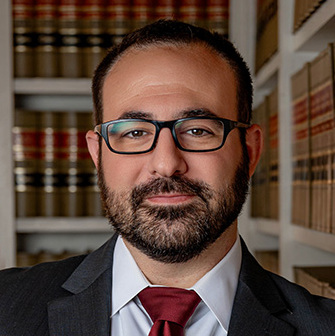
Most people think “wrongful termination” means any firing that feels unfair, immoral, or just plain wrong. It doesn’t.
Here’s the blunt truth: If I don’t like the color of your tie, I can fire you. That’s not “wrongful.” It’s just me being a jerk. The law doesn’t protect you from unfairness. It protects you from illegal reasons for firing.
What Counts as Wrongful Termination?
Federal law says your employer cannot fire you because of:
- Race
- Color
- Religion
- National origin
- Sex
- Age (40 and up)
- Disability
- Genetic information
- Pregnancy
If you’re fired for one of those reasons, it’s not just wrong, it’s illegal. That’s when you may have a valid claim.
Delaware’s Extra Protections
Delaware law goes further than federal law. You can’t be fired for being:
- Gay, straight, LGBTQ (sexual orientation)
- A particular gender identity
- Married or unmarried
- Family responsibilities A victim of domestic violence, sexual assault, or stalking
- A victim of domestic violence, sexual assault, or stalking
So if your employer finds out you’re in an abusive relationship and decides you’re “too much trouble,” firing you would be illegal here.
Pennsylvania’s Rules
Pennsylvania largely follows the federal categories without the extras Delaware provides. That means protections against discrimination based on race, sex, religion, disability, and so on, but not necessarily marital status or domestic violence victim status.
It’s worth knowing the differences, especially if you live in one state and work in the other, which happens a lot around here.
Unfair vs. Illegal
Here’s the key:
- Unfair firing: Boss doesn’t like you, thinks you’re too slow, or just wants to hire his nephew. Legal.
- Illegal firing: Boss cuts you loose because you’re pregnant, over 40, or reported harassment. That’s wrongful termination.
What To Do If You Suspect Wrongful Termination
- Write it down immediately. Dates, times, conversations, even if it’s just a quick text or email to yourself. A timestamp can make or break your case.
- Save documents. Performance reviews, write-ups, or anything that shows a pattern.
- Look for timing. Fired right after taking medical leave? That raises red flags.
- Talk to a lawyer. Even if you’re not sure. Sorting “unfair” from “illegal” isn’t always obvious, and the consultation is usually free.
Final Word
Not every bad firing is wrongful termination. But if you’re in a protected category and you’ve been let go for that reason, the law’s on your side.
The sooner you figure out which camp your case falls into, the better.






